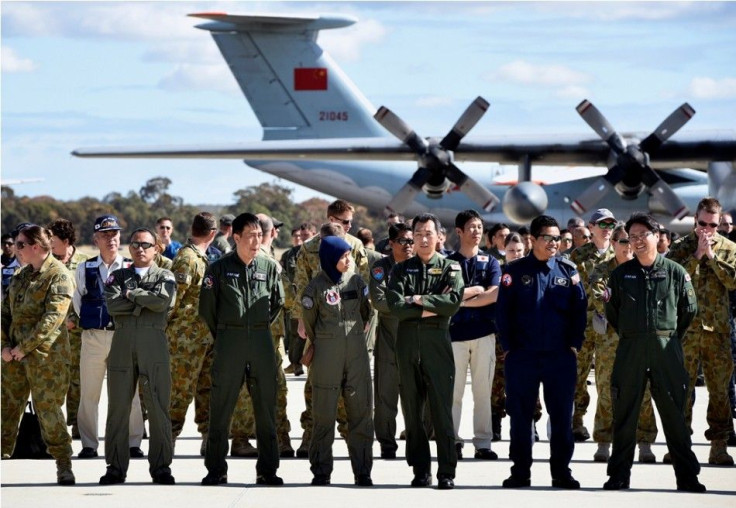RAAF Fighter Jets Reach UAE

Australian air force troops and fighter jets have reached Middle East.
According to reports, 400 officers of Royal Australian Air Force along with one Multi Role Tanker Transport aircraft, one Wedgetail Airborne Early Warning and Control aircraft and eight Super Hornets reached the United Arab Emirates to conduct mission against the Islamic State. Australia has already supplied Hercules and Globemaster aircrafts in northern Iraq that carry out weapon drops and humanitarian supplies to the region, The Australian reported. The aircrafts are presently on standby as those await the green signal to fight the Middle Eastern extremists.
Sky News reported that ADF had released a statement saying that the troops would prepare responding to future decisions from the Australian government on its next step to carry out the international operations against the Islamic State. It has, however, not been confirmed if the RAAF Super Hornets are going to conduct its mission in Syria or in Iraq. Meanwhile, Attorney-General George Brandis is all set to introduce the counter-terrorism bill in the parliament that will be sent to a committee for an immediate review. The bill is going to be presented on Wednesday.
According to the new laws, Australians are going to be under stricter scrutiny for travelling overseas for getting involved in terrorism-related activities outside the country. The authority of the enforcement agencies for investigation, arrest and prosecution are expected to be greater, according to the new law.
The law apparently has certain "sensible provisions" like suspending passports on a temporary basis, according to Shadow attorney general Mark Dreyfus who is, however, concerned that the provision is going to criminalise traveling to certain areas with no valid reason. He told ABC radio that that provision would be "an unprecedented measure." Dreyfus also said that the provision would apparently curtail "freedom of movement."
Additionally, it will also restrict the "presumption of innocence" and the "right to silence," he said. Dreyfus apparently believed that the preventative detention arrangements were "flawed." He also cited police concerns that suspects would not possibly be interrogated during the given period. However, Bret Walker SC - the former Independent National Security Legislation Monitor - said that he was satisfied with the way the new law had been drafted.
Contact the writer: s.mukhopadhyay@ibtimes.com.au





















